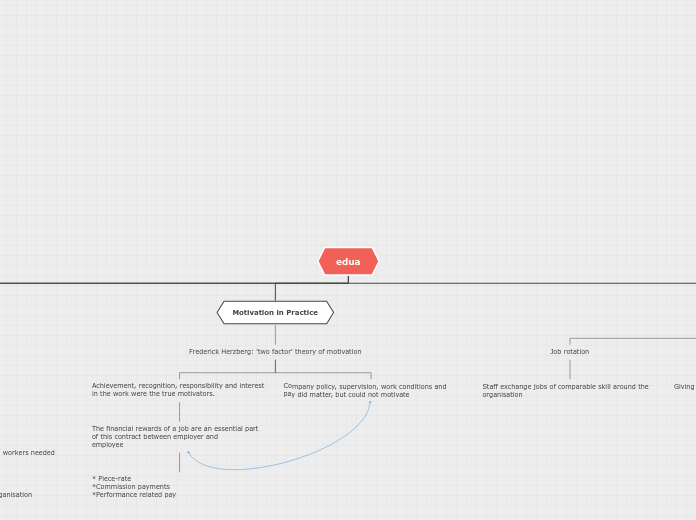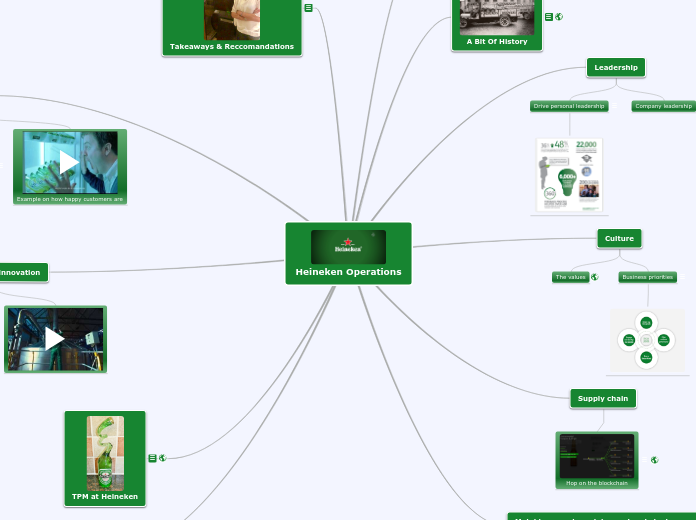by Leslie Valladares 3 years ago
277
edua
Abraham Maslow's hierarchy of needs and Douglas McGregor's Theory X and Theory Y are foundational theories in understanding employee motivation. Theory Y suggests that employees are self-motivated and thrive on creativity, while Theory X posits that employees require strict supervision and discipline.









